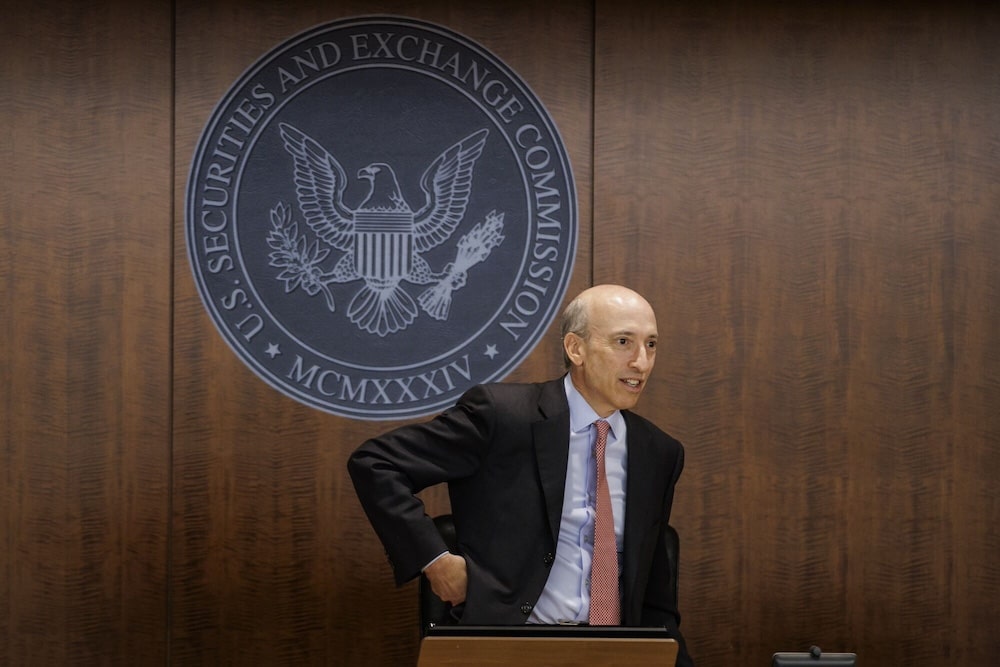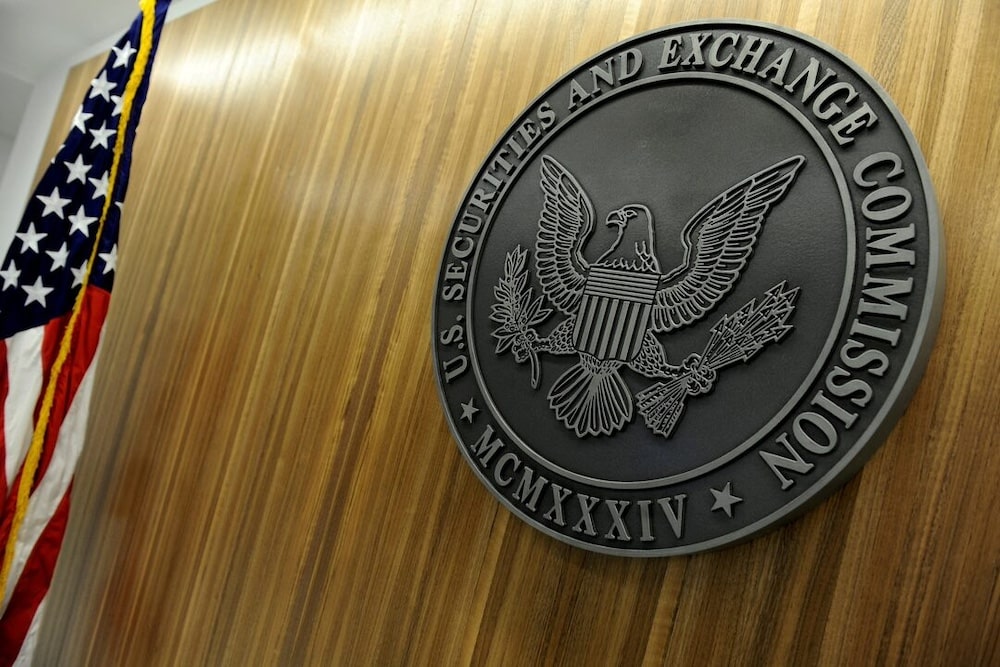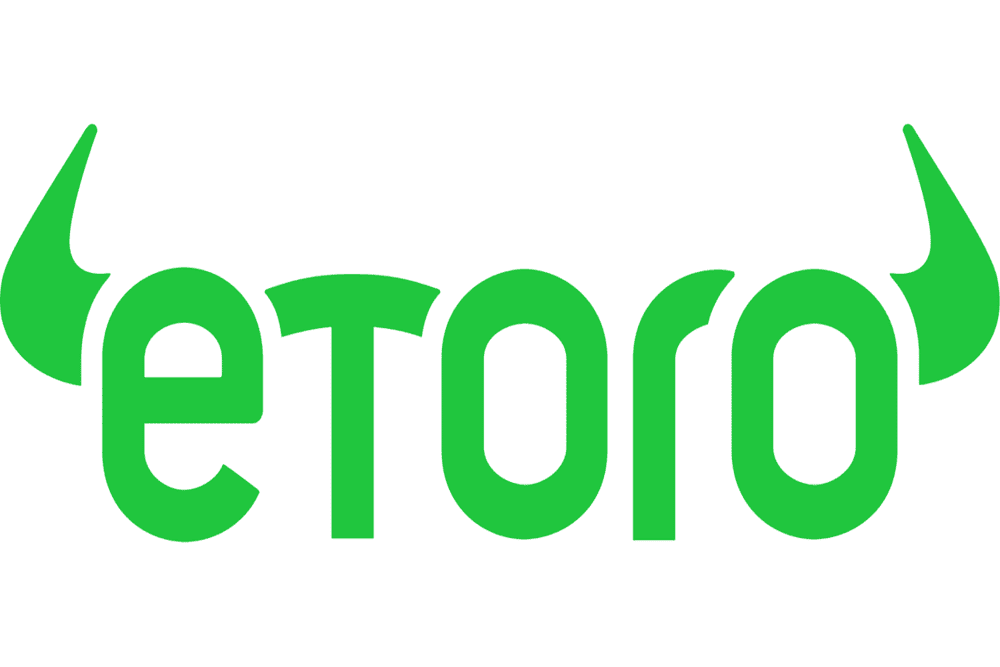SEC: Page 2

Finally! Gensler Departs U.S. SEC. What’s Next for the Crypto Market?
4 months ago

SEC Files Charges Against Digital Currency Group for Misleading Investors
4 months ago

SEC Submits Opening Brief in Appeal Against Ripple Over XRP
4 months ago

Donald Trump Picks Crypto-Friendly Paul Atkins to Lead the SEC
5 months ago

Paul Atkins Becomes Leading Candidate for SEC Chair Position
5 months ago

U.S. SEC Obtained Over $5B From Crypto Firms in 2024
6 months ago

Gary Gensler to Exit the SEC in January 2025
6 months ago

SEC Chair Gary Gensler Presents a Seeming Resignation Speech
6 months ago

SEC Approves Coincheck as First Japanese Crypto Exchange Listed on Nasdaq
6 months ago

Crypto Exchange Binance Seeks Dismissal of SEC Lawsuit Amendment
6 months ago

MetaMask Dev Consensys Blames “SEC’s Abuse of Power” for Latest Staff Cut
6 months ago

Brian Armstrong Says Next SEC Chair Should Apologise to Americans
6 months ago

Crypto.com Files Lawsuit Against SEC to Safeguard the Future of Crypto in the U.S.
7 months ago

Robinhood’s Chief Legal Officer Could be the Next SEC Chair If This Happens
7 months ago

SEC Charges TrustToken and TrueCoin Over Stablecoin Investment Fraud
8 months ago

Restaurant Project Flyfish Club Settles SEC with $750k Over NFT Violations
8 months ago

Kraken Replies SEC, Says Crypto Assets Are Not Securities
8 months ago

eToro Settles with SEC, Halts Trading Activity For Most Crypto Assets
8 months ago